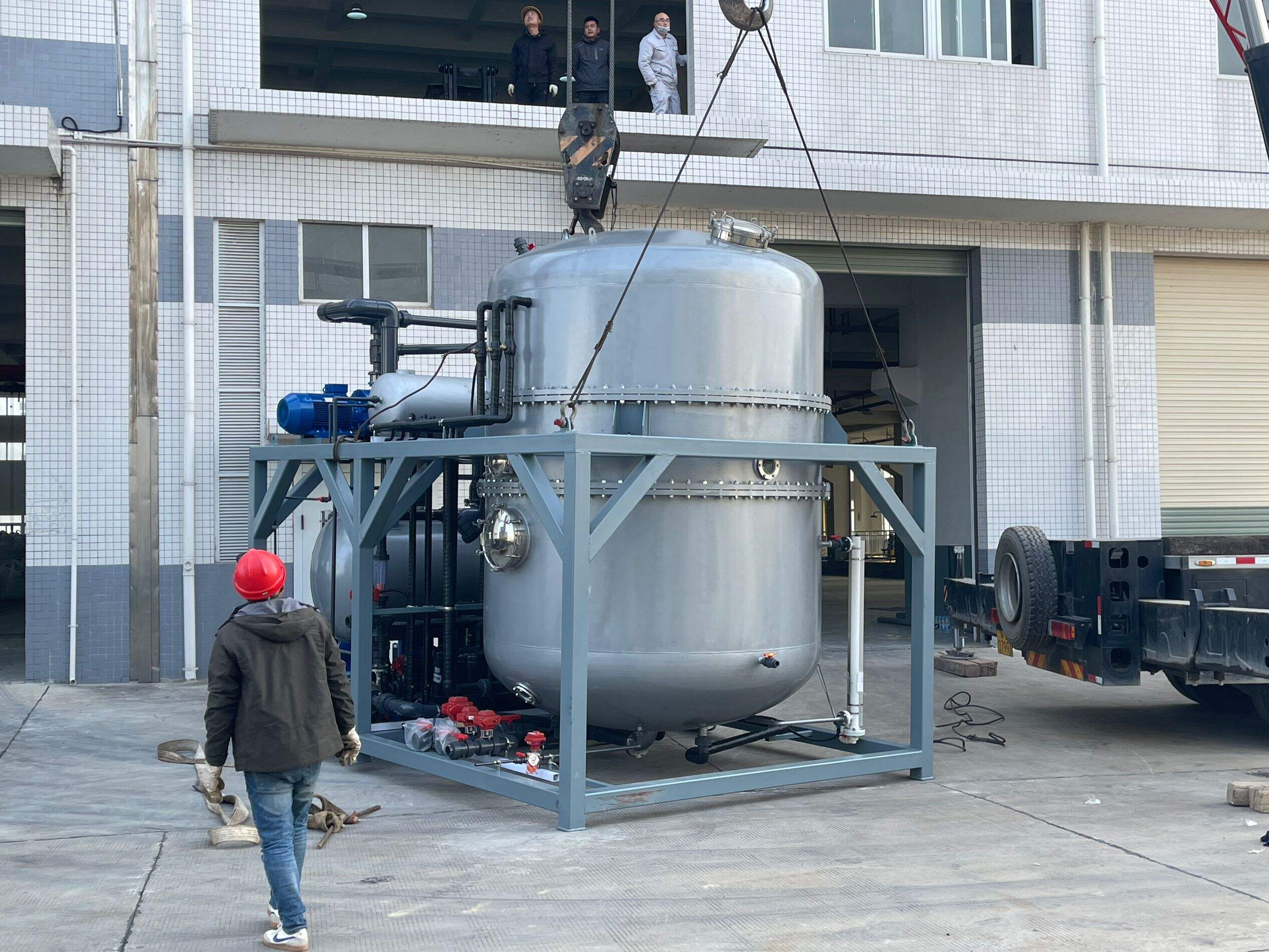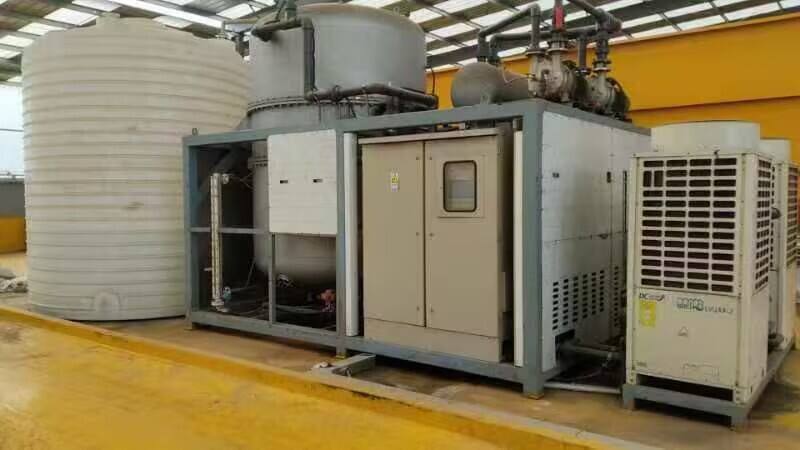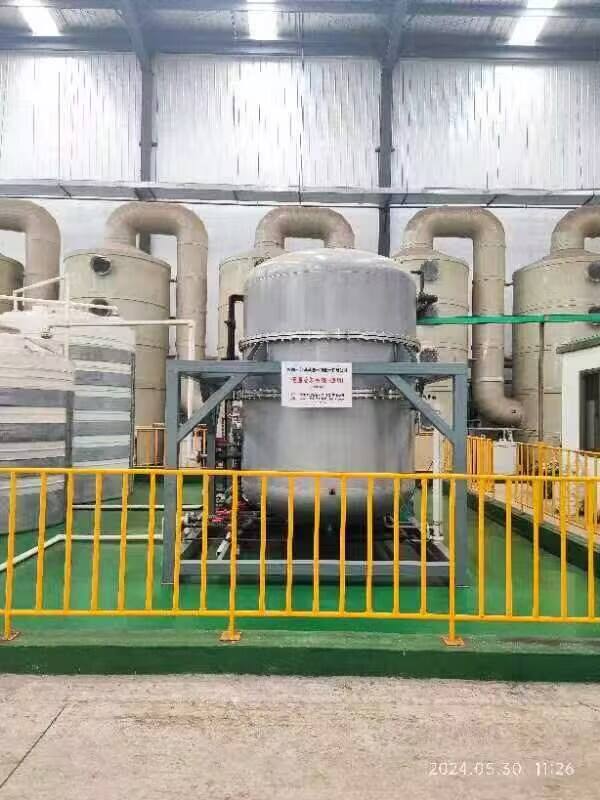industrial vacuum distillation
Industrial vacuum distillation represents a sophisticated separation process that operates under reduced pressure conditions to efficiently separate and purify various chemical compounds. This advanced technology enables the separation of components at temperatures significantly lower than their normal boiling points, making it particularly valuable for heat-sensitive materials. The process involves creating a vacuum environment within the distillation system, which effectively lowers the boiling points of the target compounds, allowing for more precise separation while minimizing thermal degradation. The system typically consists of multiple components, including vacuum pumps, condensers, reboilers, and sophisticated control systems that work in harmony to achieve optimal separation results. This technology finds extensive applications across various industries, including pharmaceutical manufacturing, petrochemical processing, food and beverage production, and specialty chemical synthesis. The ability to operate at lower temperatures not only preserves product quality but also results in significant energy savings compared to conventional atmospheric distillation methods. Modern industrial vacuum distillation systems incorporate advanced automation features, ensuring precise control over operating parameters such as pressure, temperature, and flow rates, leading to consistent and reliable separation results.


